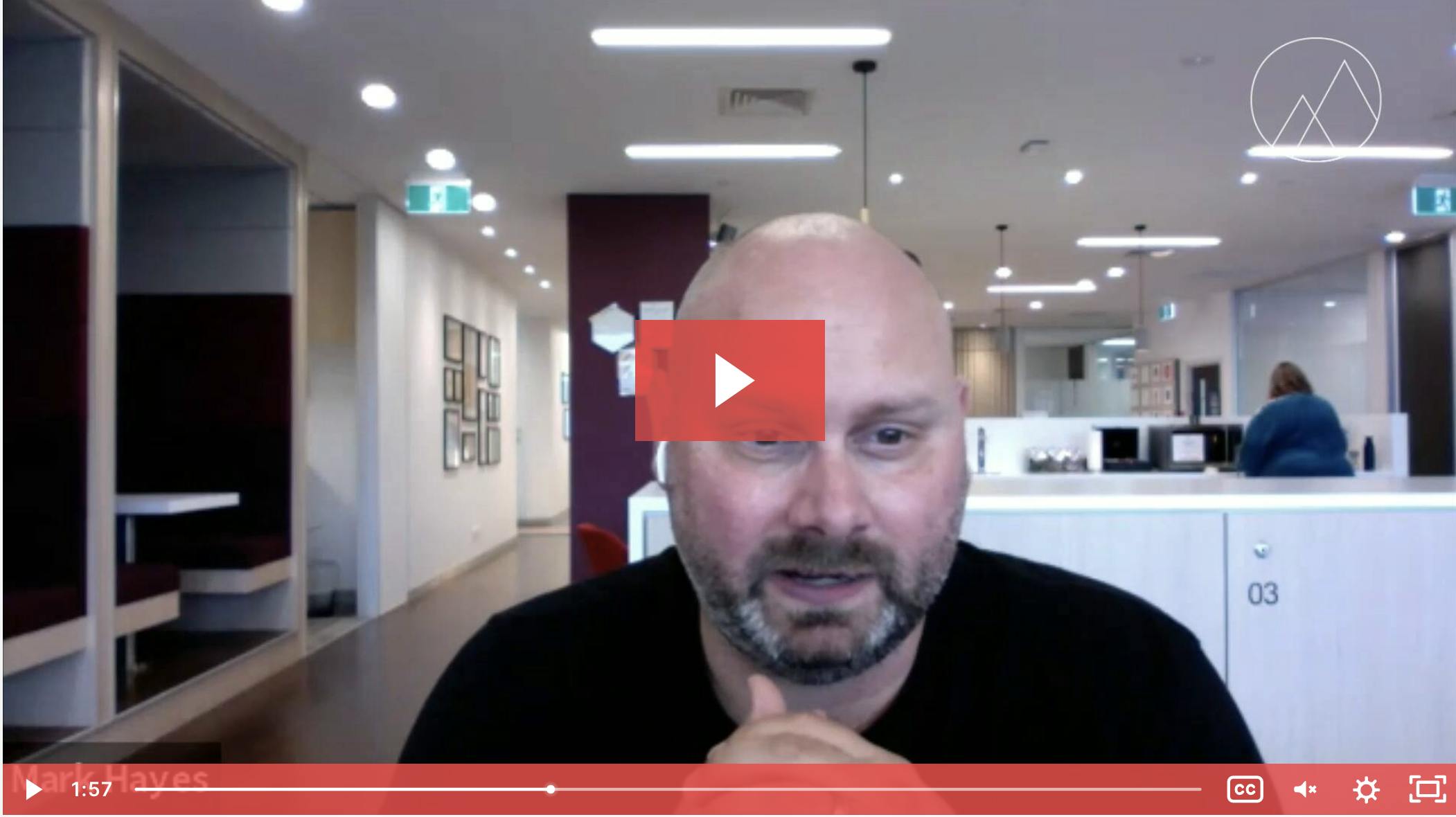Characteristics of Great Mentors
Mentorship has become a cornerstone for professional development and organisational success. For HR leaders and learning and development teams, creating an effective mentoring culture is about more than pairing employees with experienced professionals—it’s about nurturing mentors who inspire, challenge, and empower mentees to achieve their full potential.
But what separates good mentors from great ones? Here are the key characteristics of exceptional mentors and why these traits matter in developing talent and enhancing organisational goals.
1. Critical Self-Awareness
Great mentors possess a deep understanding of their own strengths, limitations, and biases. They use this self-awareness to engage authentically, creating an environment of trust and openness. Mentors who can reflect on their own experiences and growth demonstrate humility and provide mentees with relatable insights into navigating challenges.
2. Conceptual Thinking
Exceptional mentors excel at identifying patterns and connections between seemingly unrelated situations. This conceptual thinking helps mentees understand complex problems and explore innovative solutions. By encouraging mentees to see the bigger picture, mentors cultivate strategic thinking and adaptability—skills essential for success in today’s dynamic work environment.
3. Active Listening and Facilitating Insight
The best mentors don’t just hear their mentees—they actively listen. This means fully engaging with what is being said (and unsaid), asking clarifying questions, and fostering self-discovery. Instead of imposing personal opinions, great mentors guide mentees to uncover their own insights, enabling them to develop critical thinking and decision-making skills.
4. Asking Powerful Questions
Great mentors understand the power of asking the right questions. Thought-provoking, open-ended questions stimulate deep reflection and challenge mentees to think beyond their comfort zones. Questions like, “What outcome feels most aligned with your values?” or “What obstacles are holding you back?” can unlock profound growth and clarity.
5. Building Ethical Networks
A great mentor doesn’t just focus on the immediate goals of their mentee—they help build long-term networks of ethical, trusted resources. These networks can include colleagues, industry professionals, and learning opportunities that support career development. Mentors who encourage mentees to cultivate such networks set them up for sustainable success.
6. Cross-Cultural Competence
In an increasingly globalised workplace, effective mentors are those who relate well across cultural boundaries. Whether mentoring within diverse teams or supporting mentees from different backgrounds, cross-cultural competence ensures mentors provide inclusive and respectful guidance. This skill is especially crucial for organisations seeking to build a truly equitable workplace.
7. Fostering Collective Success
A hallmark of great mentorship is the ability to prioritise collective success over individual achievements. Exceptional mentors model collaborative leadership, demonstrating how shared goals lead to broader organisational success. This mindset not only benefits the mentee but also strengthens team dynamics and overall business outcomes.
8. Guiding with Context, Not Advice
While it may seem counterintuitive, offering advice isn’t always the most effective mentoring approach. Instead, great mentors provide context—helping mentees understand the landscape of a situation, its potential challenges, and opportunities. This enables mentees to form their own solutions and take ownership of their decisions, building confidence and independence.
What This Means for HR Leaders and Learning Teams
For HR leaders and L&D professionals, fostering these characteristics in mentors is crucial to building a successful mentoring program. A great mentor does more than transfer knowledge—they empower mentees to think critically, act ethically, and lead confidently.
When developing a mentoring framework, consider these questions:
- Are we equipping mentors with the skills to listen, ask powerful questions, and guide effectively?
- How are we supporting mentors in understanding and addressing cross-cultural dynamics?
- Does our mentoring program align with the strategic goals of our organisation?
Partner with BOLDLY to Build a Mentorship Culture
At BOLDLY, we believe in the transformative power of mentoring. Our expertise in mentoring frameworks helps organisations cultivate mentors who inspire change and drive results. By focusing on core mentoring skills and aligning programs with your strategic objectives, we empower your teams to succeed.
Ready to elevate your mentoring program? Contact BOLDLY today to learn how we can help you develop mentors who create meaningful impact.
Mentoring isn’t just a skill—it’s an art. When done well, it fosters growth, collaboration, and innovation, creating a culture where everyone thrives. Let’s build that culture together.
About the Author:
Alexandra Lamb is an accomplished organisational development practitioner, with experience across APAC, North America, and MENA. With 20+ years in professional practice, conglomerates, and startups, she has collaborated with rapid-growth companies and industry innovators to develop leaders and high-performance teams. She is particularly experienced in talent strategy as a driver for business growth. Drawing from her experience in the fields of talent management, psychology, coaching, product development, and human-centred design, Alex prides herself on using commercial acumen to design talent solutions with true impact.





